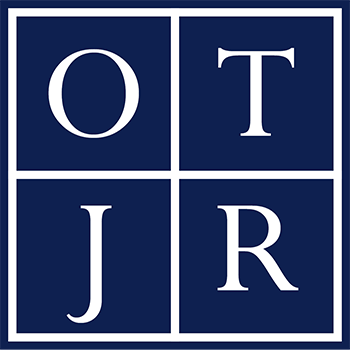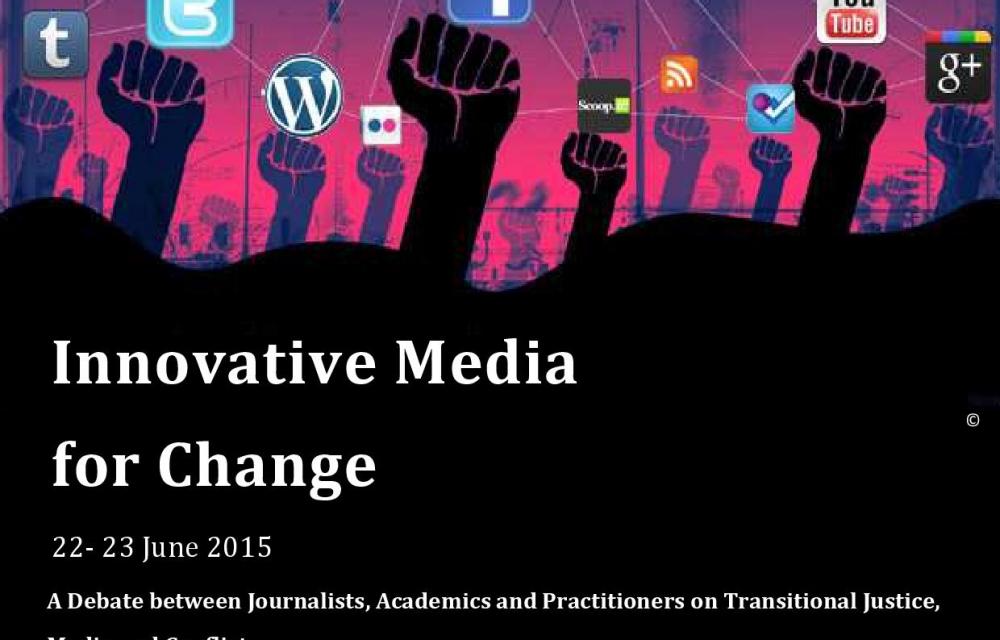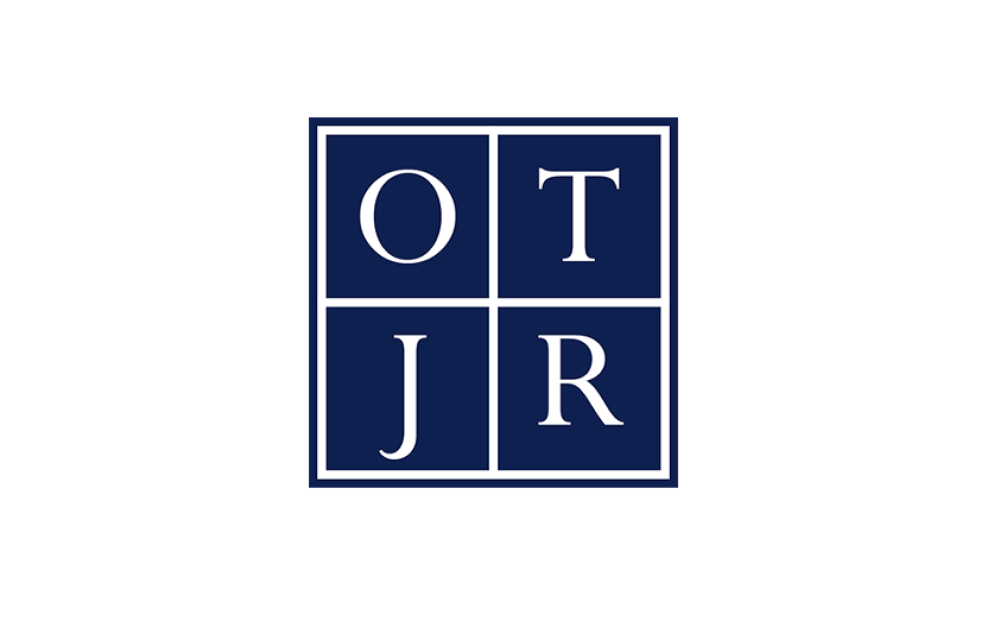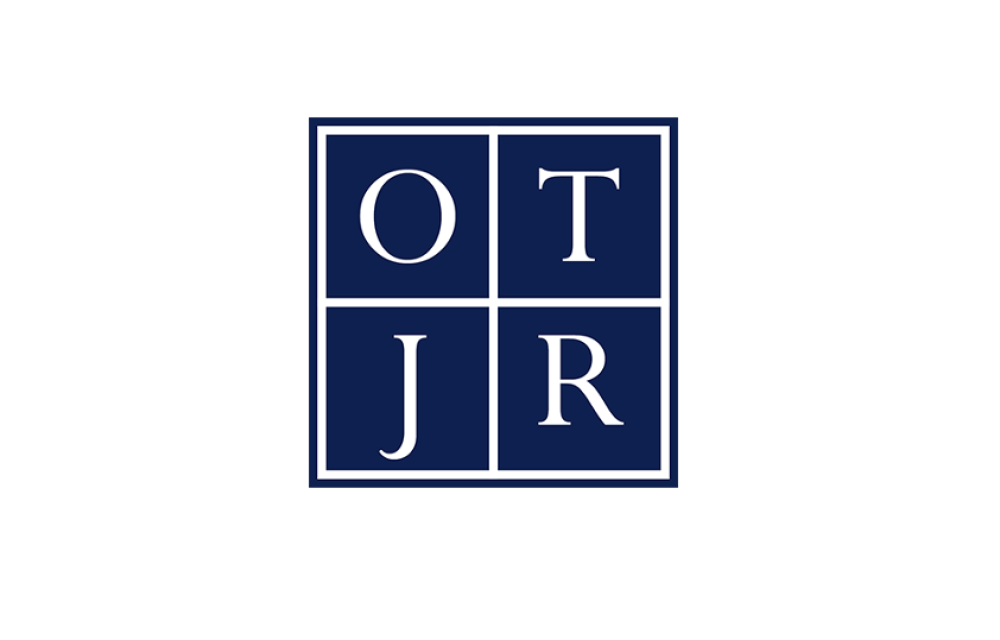(OTJR) based in the Centre for Criminology
Who we are
Oxford Transitional Justice Research (OTJR) is an inter-disciplinary network of academics and students working on issues of transition in societies recovering from conflict and/or repressive rule. Founded in 2007, it is now a large and diverse academic community conducting research in this field. OTJR is dedicated to producing high-quality scholarship that connects intimately to practical and policy questions in transitional justice, including research within the following themes: domestic and international prosecutions, institutional reform and the rule of law, truth commissions, reparations, amnesty processes, and other emerging topics.
Although we focus on transitional justice, broadly defined, we do so from a variety of perspectives. Our members, students and academics alike, have a great variety of expertise including from the disciplines of law, criminology, development, political theory, socio-legal studies, history, anthropology, and area studies, amongst others. We pride ourselves on our inter-disciplinarity. OTJR is a unique group within Oxford University’s academic and professional community.
Current and Past Activities
Over the last ten years, OTJR has completed a number of projects across all areas of transitional justice. Here is a brief overview of some of these projects:
Conferences, Symposia, and Seminars: At the core of our activities is research, and particularly research that connects the academic and practical worlds of transitional justice. Since 2007, we have hosted a weekly seminar series, which brings leading practitioners and academics to Oxford. In recent years, we’ve hosted the Prosecutors of the International Criminal Court and Special Court for Sierra Leone, the UN Special Rapporteur on Enforced Disappearances, and numerous activists and scholars. Our seminar series is bolstered by regular conferences and symposia, which have addressed, among other topics, the practical implementation of transitional justice mechanisms, the role of the International Criminal Court in Africa, judicial and non-judicial responses to prison massacres in Iran, and the ways in which borders are affecting conflict and post-conflict mechanisms of justice and accountability. As a group, we have published numerous working papers, reviews, and debates, many of which have been quoted in the international press. All past term cards, podcasts and papers are available on our website.
Innovative Media for Change: In 2015, we agreed to collaborate with the Swiss NGO, Fondation Hirondelle, and the Harvard Humanitarian Initiative to launch an online media platform called JusticeInfo.net covering conflict and post-conflict justice mechanisms. JusticeInfo.net is a resource for the general public, local media, policy-makers and practitioners, helping them to engage with and tailor justice initiatives to meet both local needs and the constraints of political decision making. In June 2015, OTJR together with their partner Fondation Hirondelle, organised an ESRC-funded, interactive workshop with journalists, policy-makers, practitioners, academics and students to discuss what role (online) media can play in transitional justice processes. Following the workshop, the project team is drafting a handbook to develop best practices for the long-term cooperation between academics and journalists in TJ processes. Videos and podcasts of the workshop will be available on our website and justiceInfo.net.
Transitional Justice Methods Manual: In 2013, we received a year-long grant from the ESRC aimed at facilitating expertise sharing between the academy and practitioners in transitional justice. The project comprised online debates, seminars, and workshops in Kosovo and Rwanda, and culminated in the drafting and publication of a Transitional Justice Methods Manual
Vetting Mechanisms for the Army of the Democratic Republic of the Congo: On behalf of Human Rights Watch, OTJR conducted research on appropriate ways of vetting members of the army of the DRC for serious human rights abuses.
Advice Implementation of the Ugandan Peace Accords: OTJR provided expert technical advice to a meeting in Kampala of representatives of the Government of Uganda, the Lord’s Resistance Army, and Ugandan civil society.
Report on Transitional Justice Options for the Burmese Government-in-Exile: In conjunction with another organisation at the University Oxford, OTJR produced a report for the Burmese government-in-exile on possible transitional justice processes and mechanisms in Burma
Vision for 2022
Our vision for the year 2022 can be accessed here.
Podcasts
We podcast all our events (provided the speaker agrees) and publish them in due course here.
Get Involved
OTJR could not operate without the vibrant and active community and network of students and academics that support it and give it life. The seminar series, project with Fondation Hirondelle, and our conferences all present great opportunities to get involved. We are always looking for new ideas, so please feel free to make suggestions.
Contact
If you have any questions, please contact OTJR’s Co-Convenors: Tsvetelina van Benthem and Gayathree Kalliyat Thazhathuveetil.
Join OTJR's Mailing List to receive the latest updates on seminars, special events, and calls for papers related to Transitional Justice.








